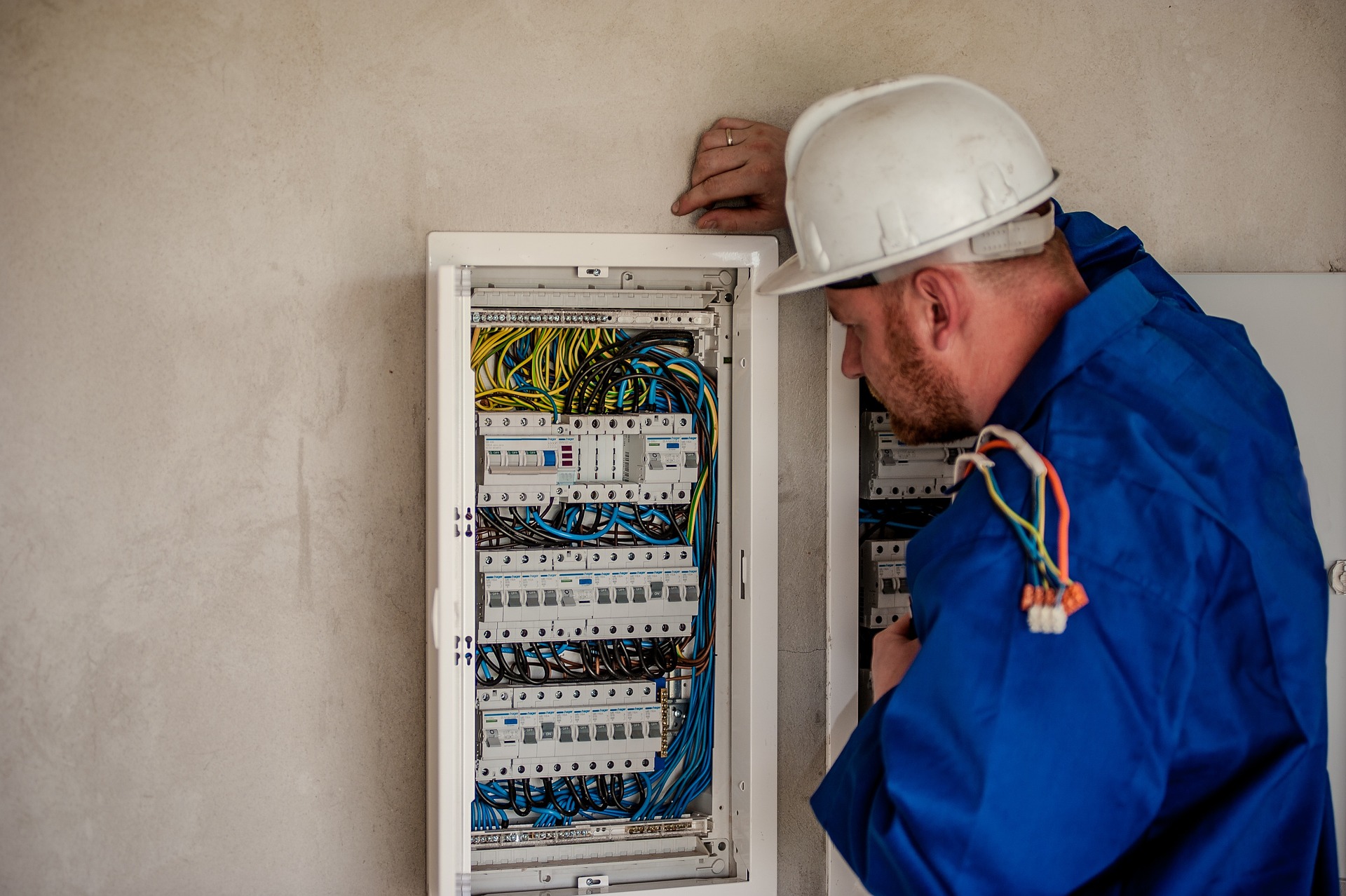Electrician Earnings in the Netherlands: A 2025 Overview
The anticipated earnings for electricians in the Netherlands in 2025 reflect a growing demand for skilled tradespeople. This overview highlights how much they can expect to earn while also considering the conditions affecting electricians in the Netherlands. Key factors such as certification requirements, urban versus rural opportunities, and the evolving job market will play a significant role in shaping the landscape for electricians in both countries.

Understanding Electrician Earnings Trends in the Netherlands for 2025
Current market data indicates that electrician salaries in the Netherlands vary significantly based on experience, location, and specialization. Entry-level electricians typically earn between €28,000 and €35,000 annually, while experienced professionals can command salaries ranging from €40,000 to €60,000 per year. Specialized electricians working in industrial settings, renewable energy systems, or automation may earn considerably more, with senior positions reaching €65,000 to €75,000 annually.
The demand for electricians has grown consistently, particularly in urban areas where construction projects and infrastructure upgrades require skilled electrical work. This increased demand has contributed to gradual salary improvements across the profession, with many employers offering additional benefits such as company vehicles, tool allowances, and overtime opportunities that can significantly boost total compensation.
Key Factors Influencing Salaries for Electricians in the Netherlands
Several critical factors determine earning potential for electricians working in the Netherlands. Geographic location plays a substantial role, with major metropolitan areas like Amsterdam, Rotterdam, and The Hague typically offering higher salaries to offset increased living costs. Rural areas may offer lower base salaries but often provide other benefits such as reduced competition and stable, long-term employment opportunities.
Professional certifications and specialized skills significantly impact earning potential. Electricians with expertise in smart home technology, industrial automation, or renewable energy systems command premium salaries. Additionally, those holding supervisory roles or running their own electrical contracting businesses often earn substantially more than employed electricians. Language proficiency in Dutch, while not always mandatory, can open doors to better-paying positions and career advancement opportunities.
Training Opportunities in Major Cities for Aspiring Electricians
The Netherlands offers numerous pathways for individuals seeking to enter the electrical profession. Major cities provide access to comprehensive training programs through technical schools, vocational institutions, and apprenticeship programs. Amsterdam, Utrecht, and Eindhoven host several recognized electrical training centers that combine theoretical knowledge with hands-on practical experience.
Apprenticeship programs remain the most popular route into the profession, typically lasting three to four years and combining on-the-job training with classroom instruction. These programs often lead directly to employment opportunities with established electrical contractors. Additionally, many training institutions offer specialized courses in emerging technologies such as electric vehicle charging systems, solar panel installation, and building automation systems.
| Experience Level | Annual Salary Range | Additional Benefits | Specialization Bonus |
|---|---|---|---|
| Entry Level (0-2 years) | €28,000 - €35,000 | Basic benefits, training | €2,000 - €4,000 |
| Mid-Level (3-7 years) | €35,000 - €50,000 | Vehicle, tools, overtime | €3,000 - €7,000 |
| Senior Level (8+ years) | €50,000 - €65,000 | Full package, leadership roles | €5,000 - €10,000 |
| Specialized/Self-Employed | €55,000 - €75,000+ | Variable, business income | €8,000 - €15,000+ |
Salary estimates mentioned in this article are based on available market information but may change over time due to economic conditions, industry demand, and other factors. Independent research and consultation with industry professionals is advised before making career decisions.
Career Development and Advancement Opportunities
The electrical profession in the Netherlands offers clear pathways for career advancement and professional growth. Many electricians progress from apprentice positions to journeyman roles, eventually becoming master electricians or electrical contractors. Some pursue additional education to become electrical engineers or move into project management roles within construction and industrial sectors.
Continuing education remains essential for career advancement, with many electricians pursuing additional certifications in specialized areas. The rapid advancement of technology in electrical systems means that ongoing professional development is both necessary and financially rewarding. Many employers support continuing education through tuition reimbursement programs and paid training time.
Industry Outlook and Future Prospects
The electrical industry in the Netherlands shows strong growth prospects driven by several key factors. The country’s commitment to renewable energy and sustainable building practices creates ongoing demand for electricians skilled in solar panel installation, energy-efficient systems, and smart building technologies. Additionally, the growing electric vehicle market requires extensive charging infrastructure development, creating new opportunities for qualified professionals.
Government initiatives supporting energy transition and building electrification suggest continued strong demand for electrical services. This positive outlook, combined with an aging workforce in skilled trades, indicates that qualified electricians can expect stable employment and competitive compensation in the coming years. The profession offers excellent job security and the potential for both employed and self-employed career paths.
The electrical trade in the Netherlands presents attractive opportunities for individuals seeking stable, well-compensated careers in a growing industry. With proper training, professional development, and specialization in emerging technologies, electricians can build rewarding careers that offer both financial stability and professional satisfaction in the evolving Dutch economy.




